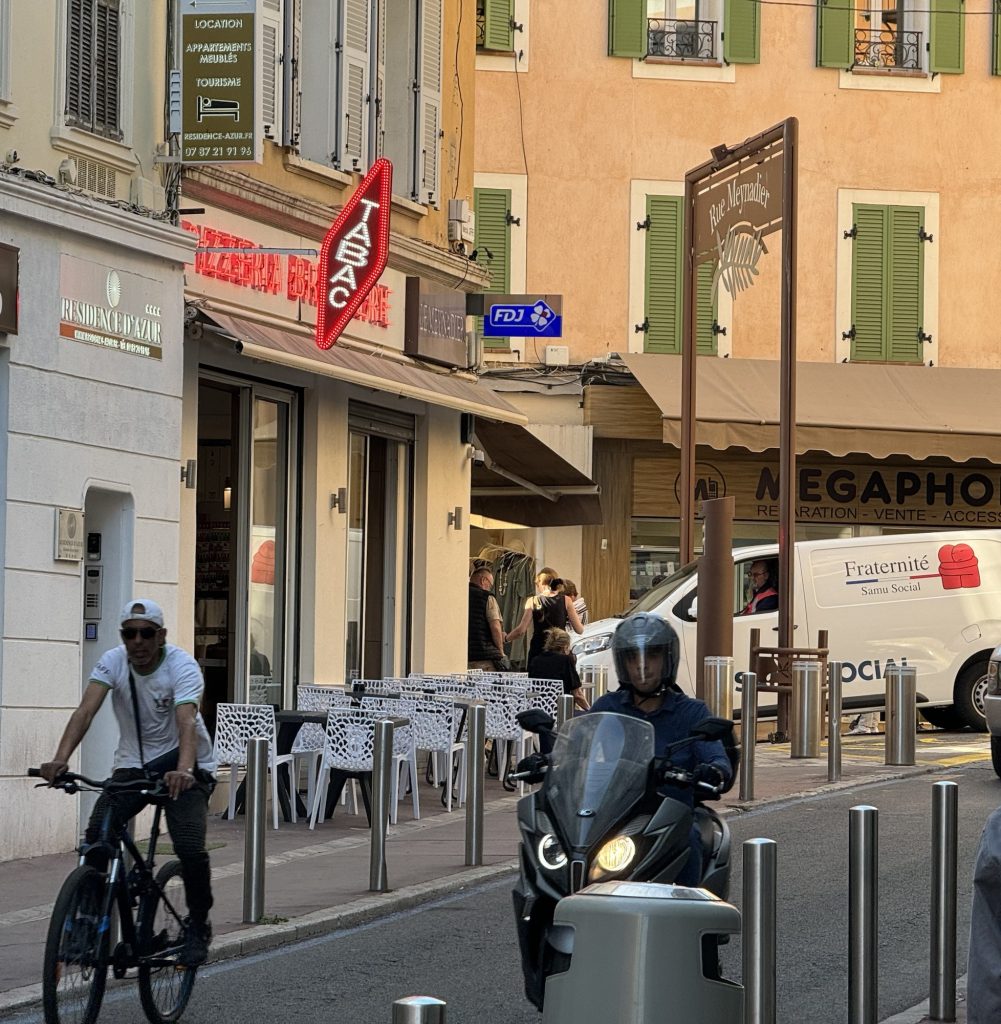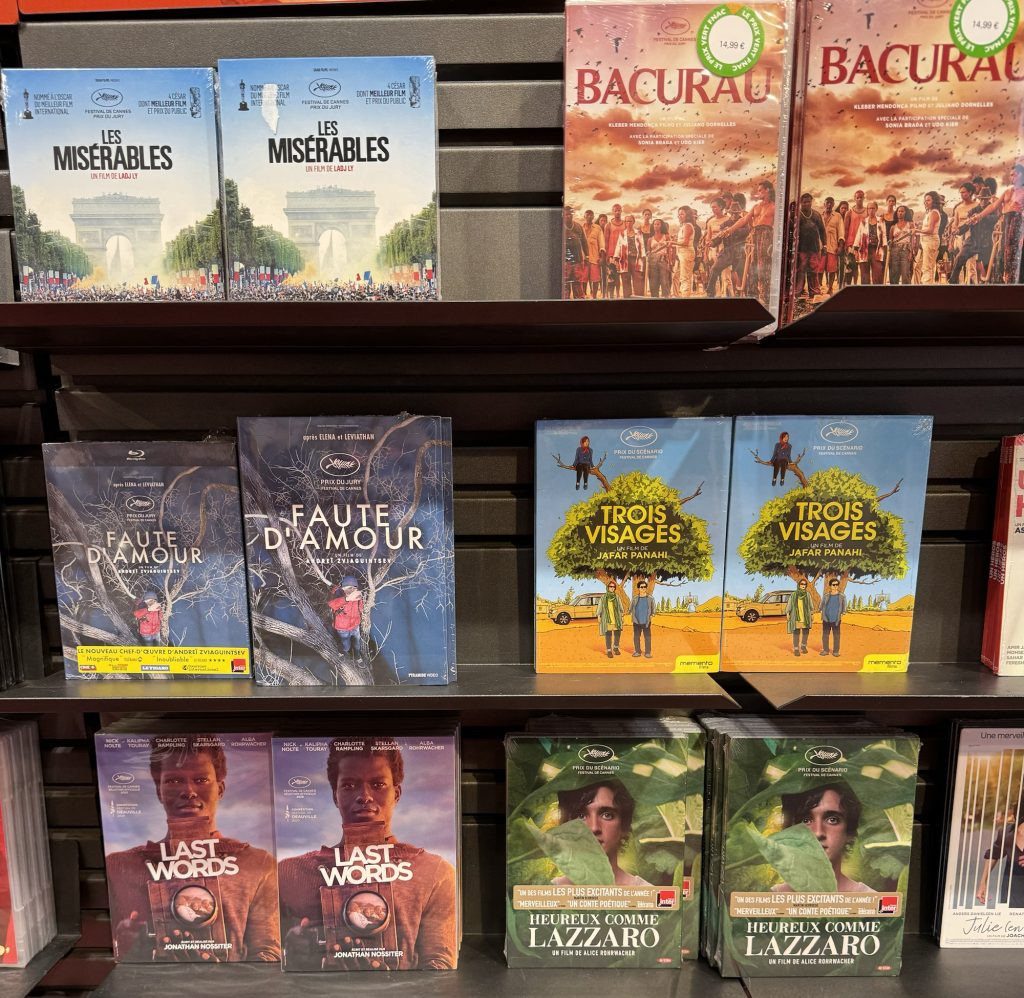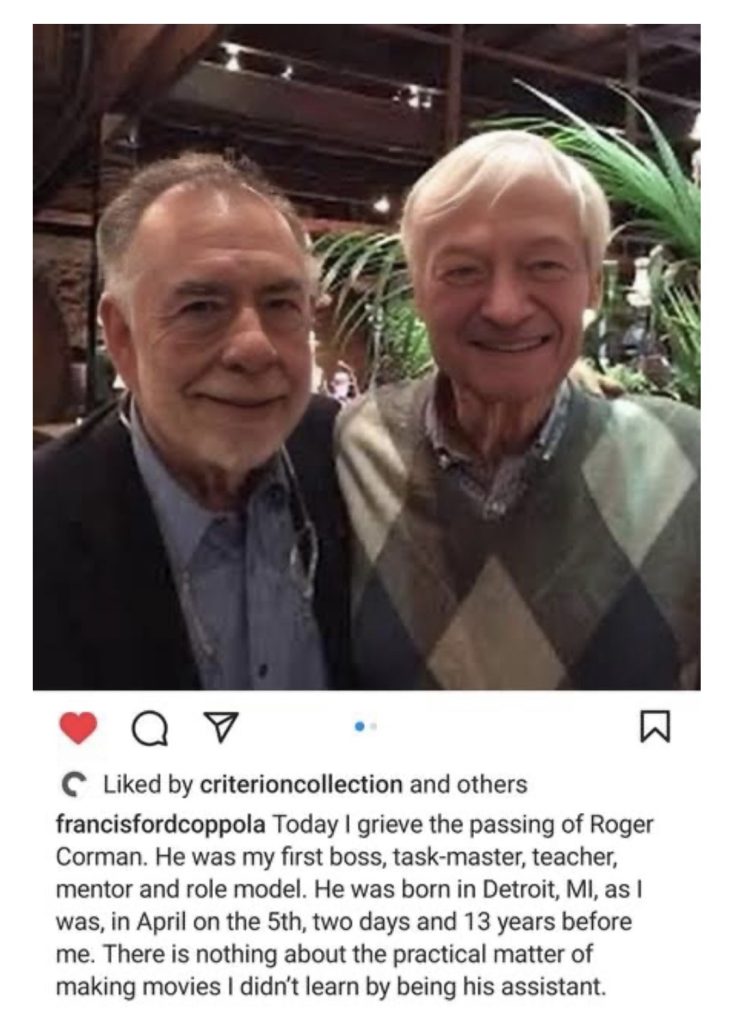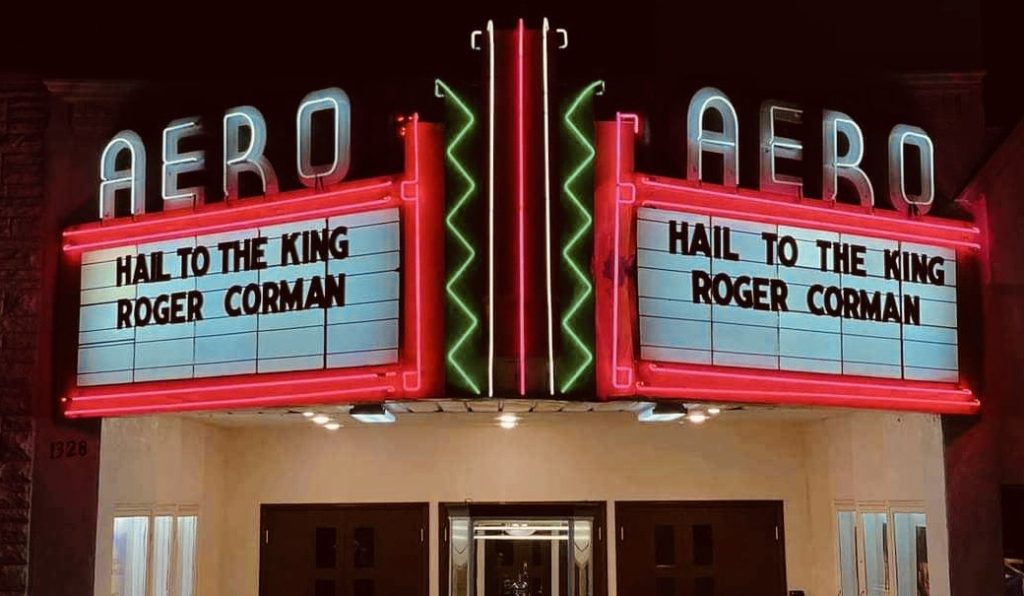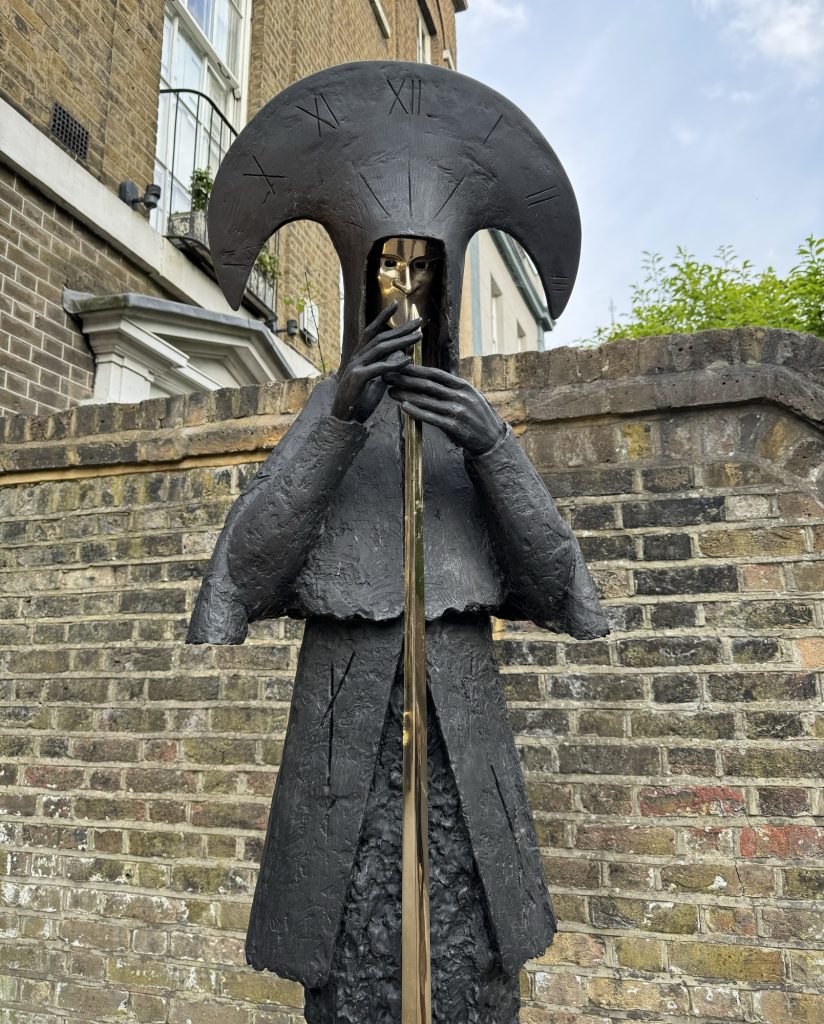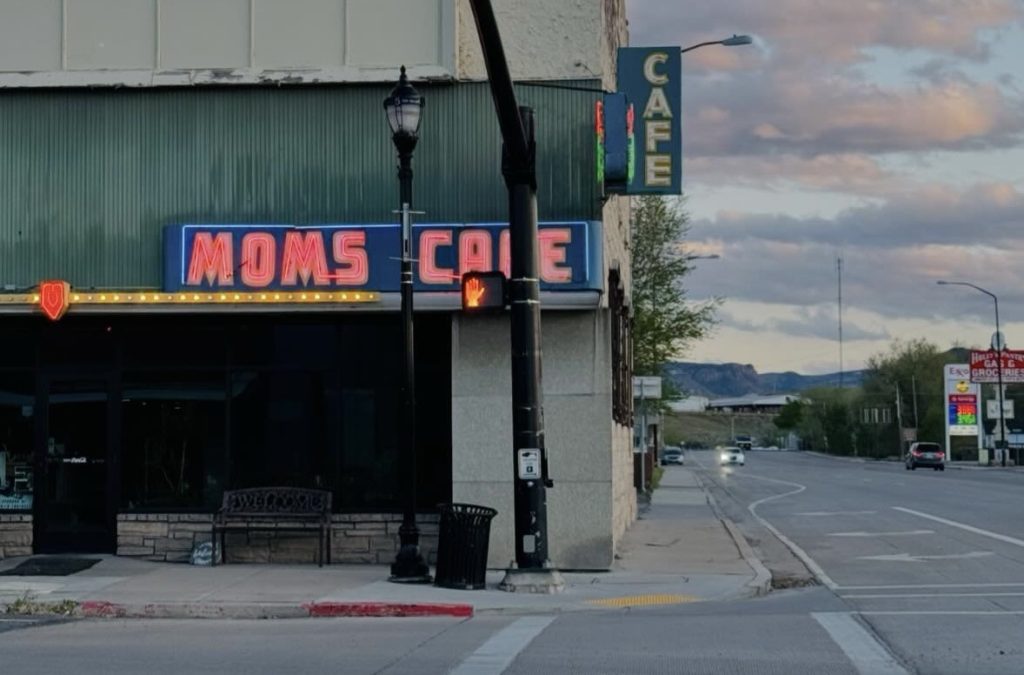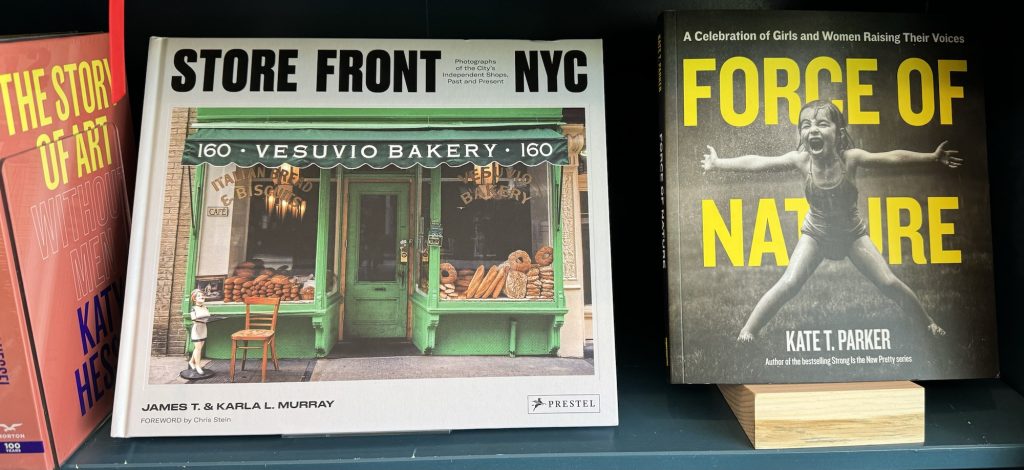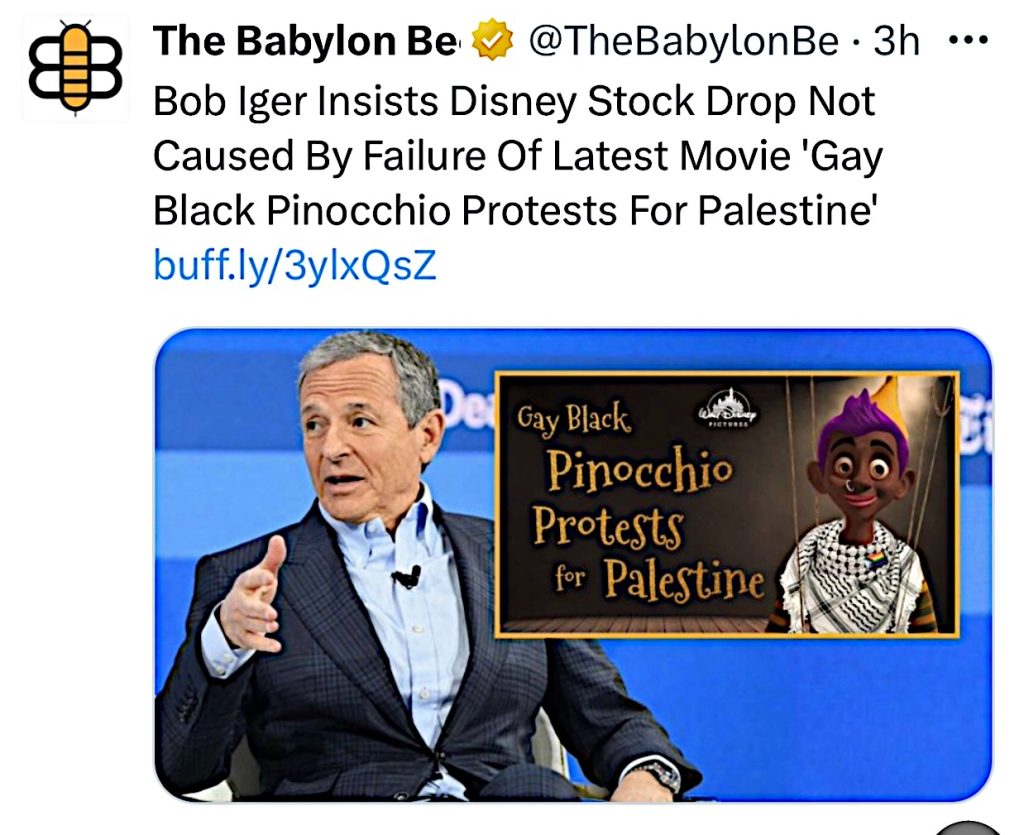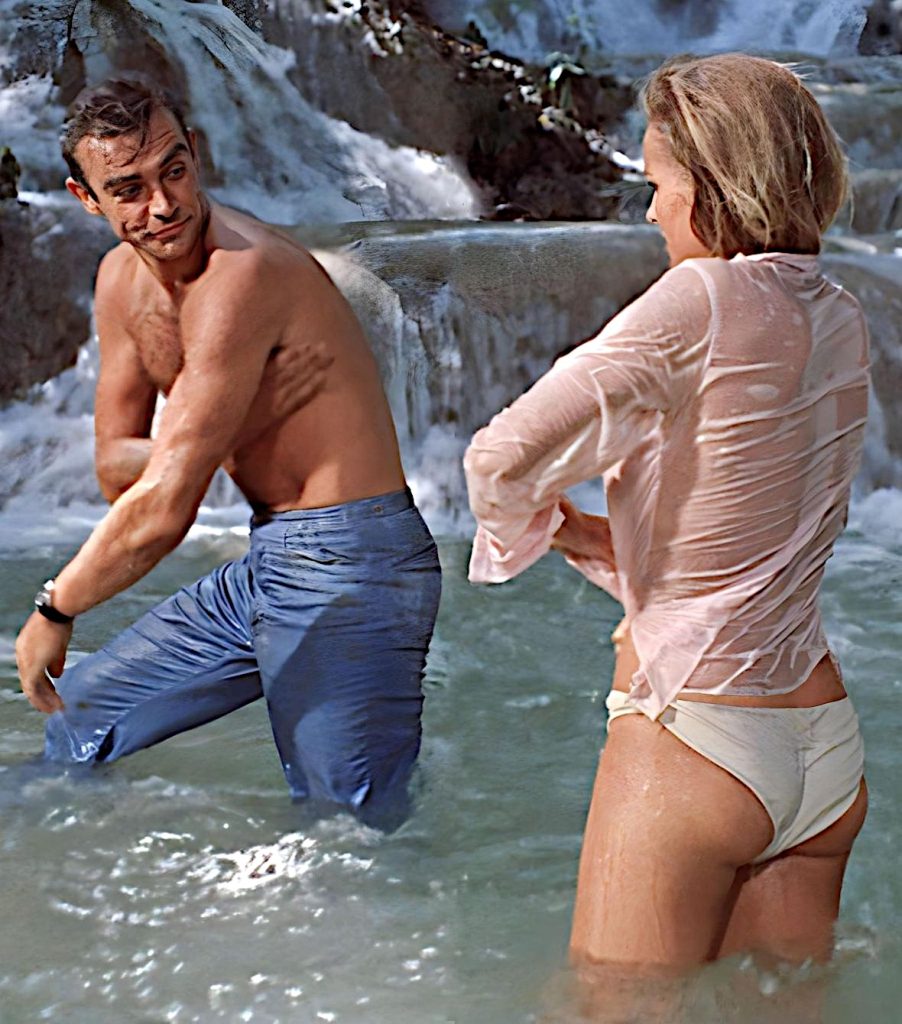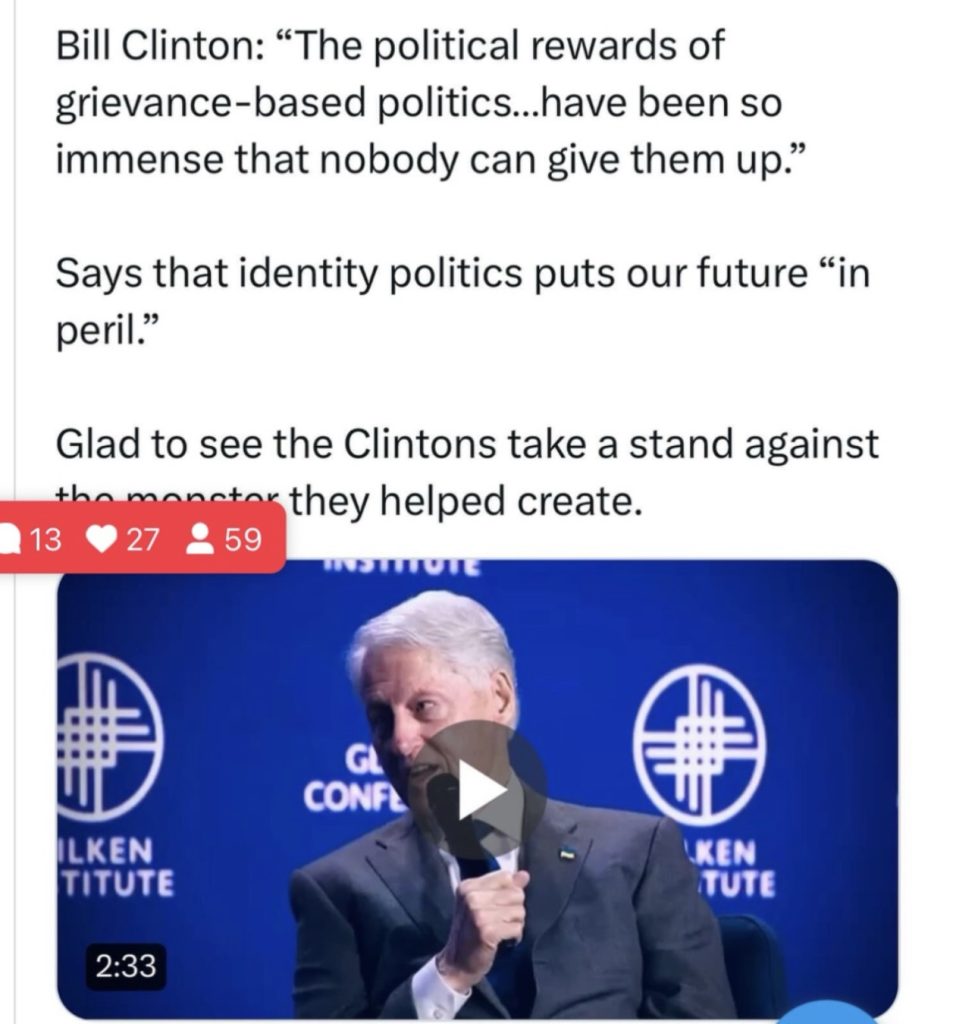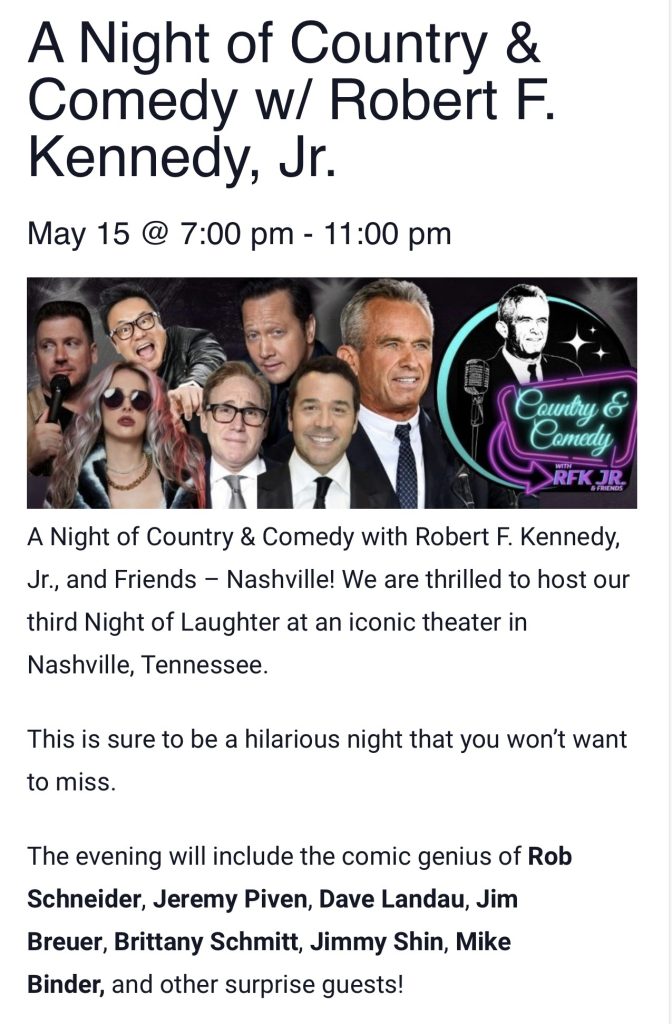“Believe It, Democrats — Biden Could Lose,” Frank Bruni, N.Y. Times: “Donald Trump may be the presidential candidate whose midday snoozing has generated headlines and animated late-night comics, but President Biden is the one who needs to wake up.
“He’s a whopping 12 points behind Trump among registered voters in Nevada, according to polls by The New York Times, Siena College and The Philadelphia Inquirer that were released on Monday morning (5.13). Biden won that state by nearly 2.5 points in 2020. [Plus] he’s behind among registered voters in Arizona, Pennsylvania, Georgia, Michigan — in all of the six battleground states surveyed except Wisconsin.
“That’s not some wildly aberrant result. It echoes alarms sounded before. It speaks to stubborn troubles.
In short, Bill Maher was 100% dead-on seven months ago when he stated that by insisting on running for re-election instead of allowing a younger and more vigorous sensible Democrat to step into the breach, Joe Biden “is going to turn the country back over to Trump, and go down in history as Ruth Bader Biden — a person who doesn’t know when to quit and [thereby] does great damage his party and his country.”
Every time I’ve brought this up in the succeeding months, 80% of HE readers have pooh-poohed me…it’s early yet, calm down, Americans will come to their senses, stop doomsaying.
“[This is] difficult for Democrats to believe,” Bruni wrote. “I know: I talk regularly with party leaders and party strategists and I’ve heard their incredulity. They mention abortion and how that should help Biden mightily. They mention the miserable optics of a certain Manhattan courtroom and a certain slouched defendant. They mention Jan. 6, 2021. They note Trump’s unhinged rants and autocratic musings and they say that surely, when the moment of decision arrives, a crucial share of Americans will note all of that, too, and come home to Biden.”
A foam-at-the-mouth, anti-Democracy criminal sociopath will become President next January, and this is partly the symbolic fault of those complacent HE commenters.



